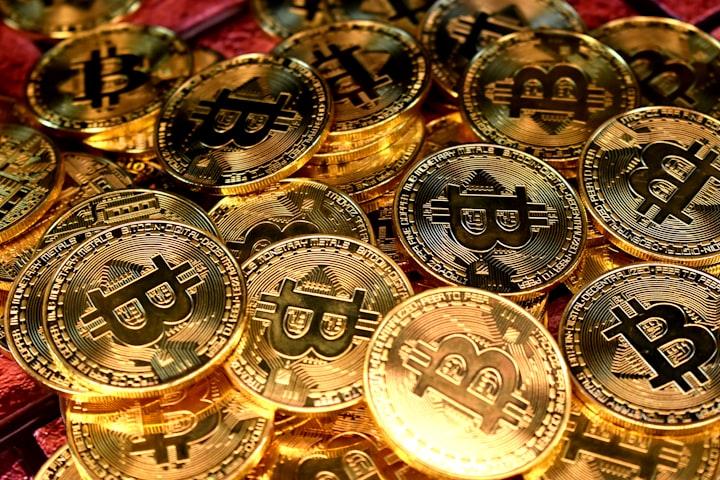What are Gas Fees? How to Perform ETH Transactions with Lower Gas Fees
Understanding Gas Fees in Ethereum

When we talk about cryptocurrency transactions, especially the ones using the Ethereum network, “gas fees” is often one of the most discussed terms. The simplest definition of gas fees would be the transaction fees that users have to pay in order to perform a successful transaction on the network. These fees go towards paying the miners for their efforts in keeping the network running and secure. But, the ever-rising gas fees of Ethereum is a growing concern for the crypto community as it ends up making the transactions costlier for users.
Before we discuss possibilities and ways of reducing the Ethereum gas fees, first we must understand how it works.
How Gas Price works and why it is important
Ethereum network is a blockchain that is a decentralized system that is managed by distributed computers called nodes owned by real people called miners. These miners are responsible for verifying each and every transaction that goes through the network by adding them into their blocks and then adding the verified blocks to the network chain.
Now, miners need to be paid for their efforts, and therefore, a transaction fee is levied from users who initiate a transaction in the Ethereum network. This fee is called Ethereum Gas Fees.
The value of transaction fees in a blockchain is not fixed and depends on supply and demand. For instance, if there is a high demand for transactions, miners will first choose to verify the transactions with a higher gas fee, which means users that pay more will have their transactions verified first. In a way, the gas fee is also directly linked with the transaction speed, i.e. the more the gas fee, the faster the transactions.
Now, the question that most crypto users seem to be struggling with is why gas fees are so high.
Why Ethereum Gas Prices are so high
As we said before, the value of gas fees depends on the demand and supply. The higher the demand, the more will be the gas fees. Since Ethereum is one of the most used blockchains out there, it is used by thousands of users for millions of transactions per day. This high demand gives a boost to the transaction fees.
With time, as the demand for the Ethereum network is increasing, so are the gas prices.
In the past couple of years, the popularity and use of Ethereum have increased tremendously. With many organisations building their projects, DApps, as well as their own blockchains on top of Ethereum, the gas fees continue to increase.
Is there a way to keep the Gas Fees in check?
The only feasible ways to control the increasing gas prices of the Ethereum network are to scale Ethereum to process more transactions at a lower cost and to find alternative ways to process crypto transactions with the same efficiency and security that Ethereum offers.
The rise of DeFi systems over the last year seems a good effort in this direction. Most of these advanced decentralized finance systems are being developed on Ethereum or similar blockchains and provide a range of abilities/services from crypto lending to borrowing, trading, yield farming, insurance, finance, and more.
One example that comes to mind is the Libra Ecosystem, which is a DeFi platform for building advanced DApps and solutions to tackle the various problems of the e-commerce industry. The ecosystem itself offers readymade solutions for e-commerce payments, investment, supply chain management, and more.
There are many other projects and DApps running on top of Ethereum, offering similar services and doing their bit to limit the Ethereum gas prices.
About the Creator
Blockchain Guru
Blockchain Guru. Bitcoin Investor. Industry Partner. Building things for investors focused on the future.






Comments
There are no comments for this story
Be the first to respond and start the conversation.